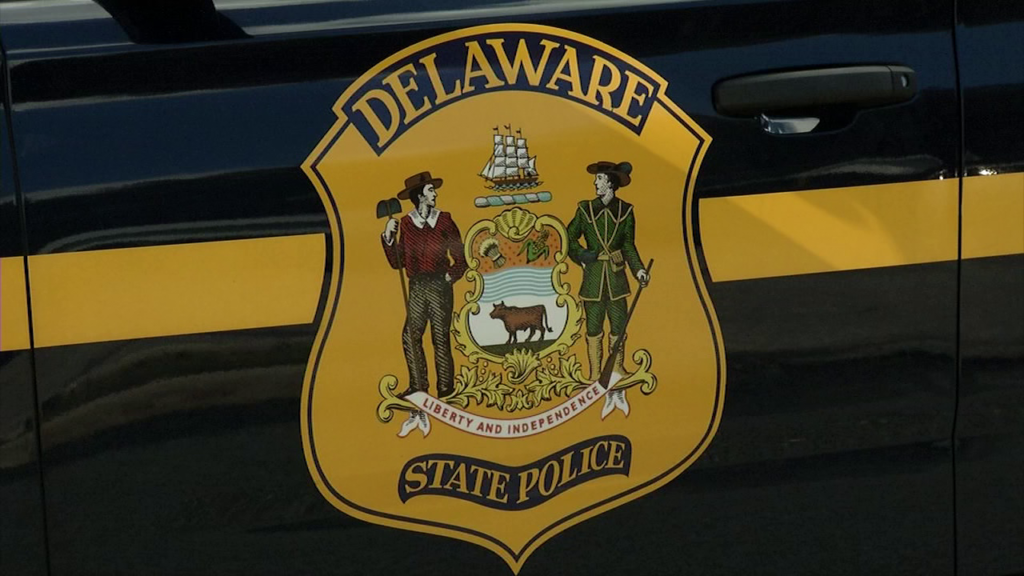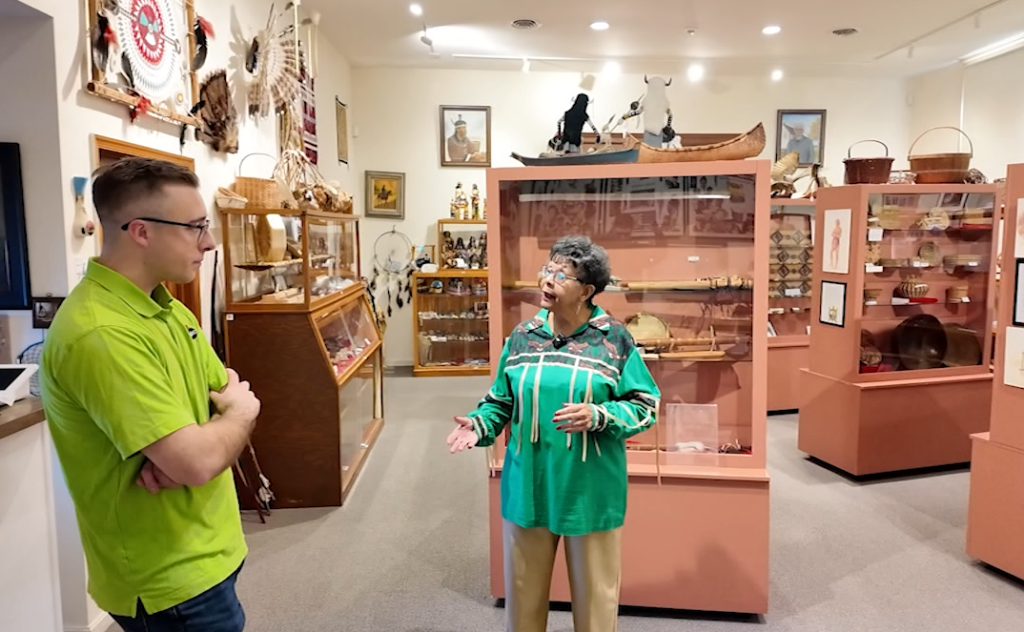Proposed bill may change panhandling court cases in Delaware
DELAWARE – Delaware lawmakers are looking to address panhandling in the state, an issue they say is especially prevalent in beach towns during the summer months.
“You want to be able to give someone that is in their time of need access to some type of benefit, for their type of personal advancement,” says Republican Representative Stephen Smyk.
Smyk is sponsoring House Bill 294, a bill that would change the way panhandling is addressed in the state. “What this bill does is allow the Court of Common Pleas to have greater jurisdiction over the offense of panhandling so the defendant in that case can have a more streamlined access to state services.”
Right now, panhandling cases are taken care of in Justice of the Peace Courts but sometimes that just means paying a fine. “These fines do carry some weight for people that don’t have that kind of money in their bank account. A lot of times they don’t even have a bank account,” says Jim Martin with the Shepherd’s Office, a shelter in Georgetown.
“Fines are not always paid or they don’t turn out to be the behavior modifier that you would expect them to be,” says Smyk.
This bill would put those cases in the Court of Common Pleas, a place Smyk says can offer more immediate resources for people who are struggling to get by. “Those services are going to be either at veterans court or drug court to get some type of tether to the state service systems so they can address their particular issue,” says Smyk.
Advocates say this is a good way to hold people accountable while also offering a way out of homelessness. “Correcting someone is important especially if they are not following the rules but at the same time you don’t want to make it to a point where it’s almost like brutality on someone that’s already beaten down,” says Martin.
One thing lawmakers will have to consider is how current staffing levels at the Court of Common Pleas may need to be adjusted to take on these types of cases. Smyk adds that if this bill is passed it may even lead to a stronger economy because, if it works as it’s meant to, it would steer people to the correct resources which will hopefully lead to employment.
The bill was introduced at the end of January to the Public Safety and Homeland Security Committee and has bipartisan support.


